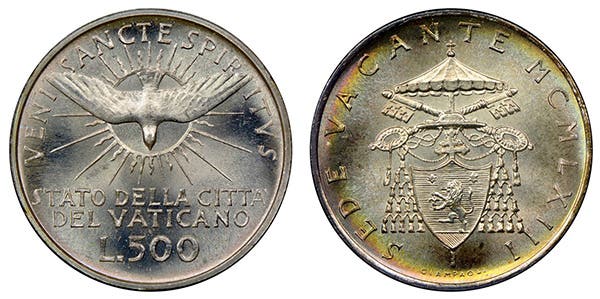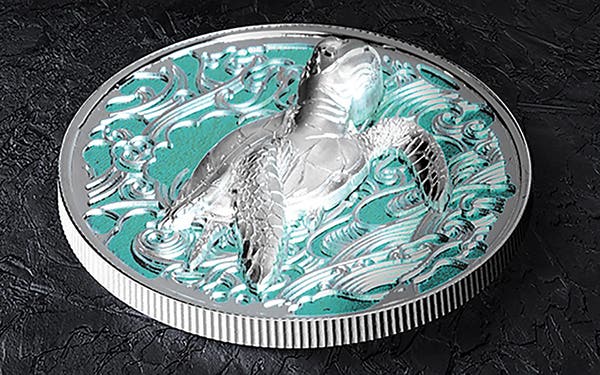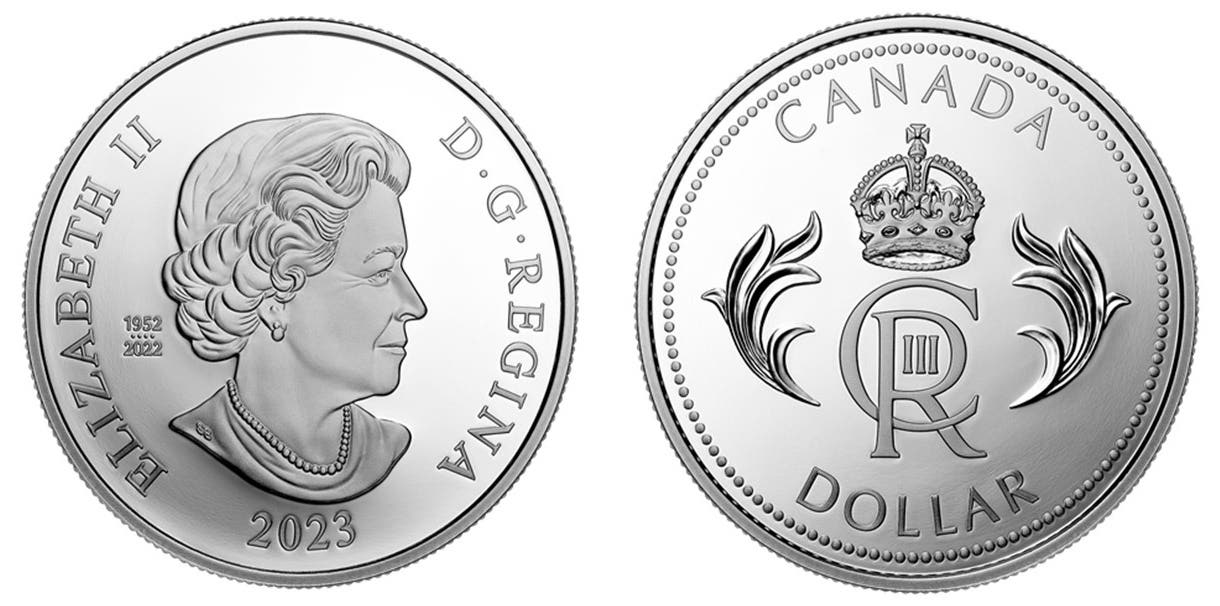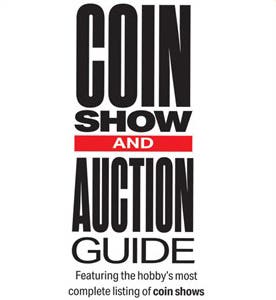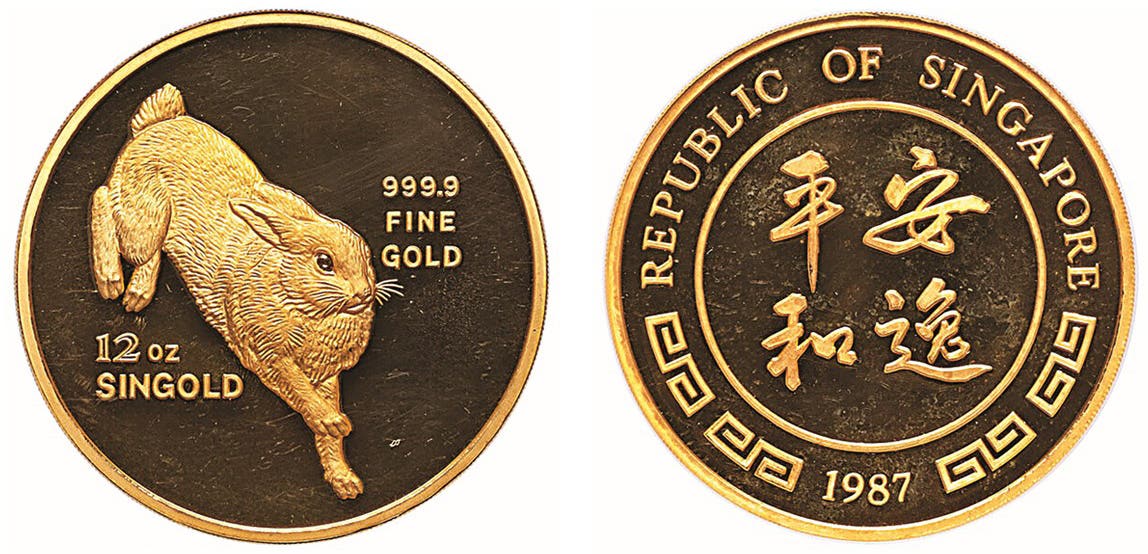Round pounds await redemptions
The round pound £1 coin hasn’t been legal tender in the United Kingdom since Oct. 15, 2017. So, why is it still being redeemed at certain locations? When you redeem…
The round pound £1 coin hasn’t been legal tender in the United Kingdom since Oct. 15, 2017. So, why is it still being redeemed at certain locations?
When you redeem this now funny money, are you certain you would want to received 50-pence coins in return? What if the bank notes you received are damaged? Should you accept these? This is where what is legal tender and what is not has its quirks under British law.
It has been recently estimated it is likely there are about 169 million of the now obsolete round £1 coins that have never been redeemed. This should suggest the coins no longer have any value, yet the British Royal Mint is recommending the coins be taken to a bank for exchange anyway.
The arrangements under which each bank may accept the older coins differs, but it has been confirmed the Bank of Scotland, Barclays, Clydesdale Bank, Halifax, HSBC, Nationwide, NatWest, Lloyds, the Post Office, RBS, Ulster Bank and Yorkshire Bank are allowing customers to deposit the coins into their bank accounts.
The Post Office allows clients who bank with any of 27 banks the postal service has identified to deposit the old pound coins into their accounts at postal branches.
On Aug. 8, MSE News quoted an unnamed BRM spokesman as saying, “We do not expect that all round £1 coins in circulation at the time of the transition will be returned to the mint. Based on the returns of other demonetized coins we expect there to be some returns for a number of years to come as people find these.”
Your coinage problems don’t necessarily end at a bank or postal office. Should you elect to receive other coins for your redeemed round pounds, or if you happen to have a fist full of other coins, be aware of their legal tender status. British 20-or 50-pence coins are only legal tender when making a purchase with a group of either totaling a maximum of £10 (about U.S. $13.10). BRM instructions didn’t clarify if a combination of both denominations also had a legal tender limit of £10.
Coins of 5- or 10-pence face value are only legal tender to a total of £5, while the penny and twopence don’t have to be accepted by merchants if their total value exceeds a paltry 20 pence.
These are legal technicalities that are fortunately seldom enforced by retailers. Retailers, however, don’t have to accept any currency if you shop regardless of if you shop online, in a brick and mortar building, or by telephone since no legal contract has been made until money physically changes hands. Technically stores don’t have to accept British money. However it is legal for clients to make an offer lower than a posted retail price.
The UK treats obsolete coins differently than it treats obsolete bank notes. According to the MRI Bankers’ Guide to Foreign Currency, “All notes issued by the Bank of England since 1694 are redeemable.”
The Bank of England has a special note service through which mutilated, accidentally damaged, or contaminated bank notes can be redeemed. Notes to be redeemed for any of these reasons are to be sent along with required paperwork. Reimbursement is made into a bank account rather than in cash. At least half of a bank note must be submitted, and the central bank will give “reasonable consideration” to claims of a note having been accidentally damaged.
The bank takes a jaundiced view of “accidentally” damaged notes and coins especially due to a recent spate of “polo pound” coins appearing on eBay as error coins. These are what should have ringed bimetal £1 and £2 coins, however the center has been removed and is being sold as an error. The BRM has warned deliberately damaging coins can lead to arrest, up to two years in prison, and a fine of £400 (about U.S. $508) if prosecuted.
This article was originally printed in World Coin News. >> Subscribe today.
More Collecting Resources
• Get five centuries’ worth of identification and pricing in the brand-new Standard Catalog of Great Britain Coins eBook that will transform your coin collecting efforts.
• Check out the newly-updated Standard Catalog of World Coins, 2001-Date that provides accurate identification, listing and pricing information for the latest coin releases.



